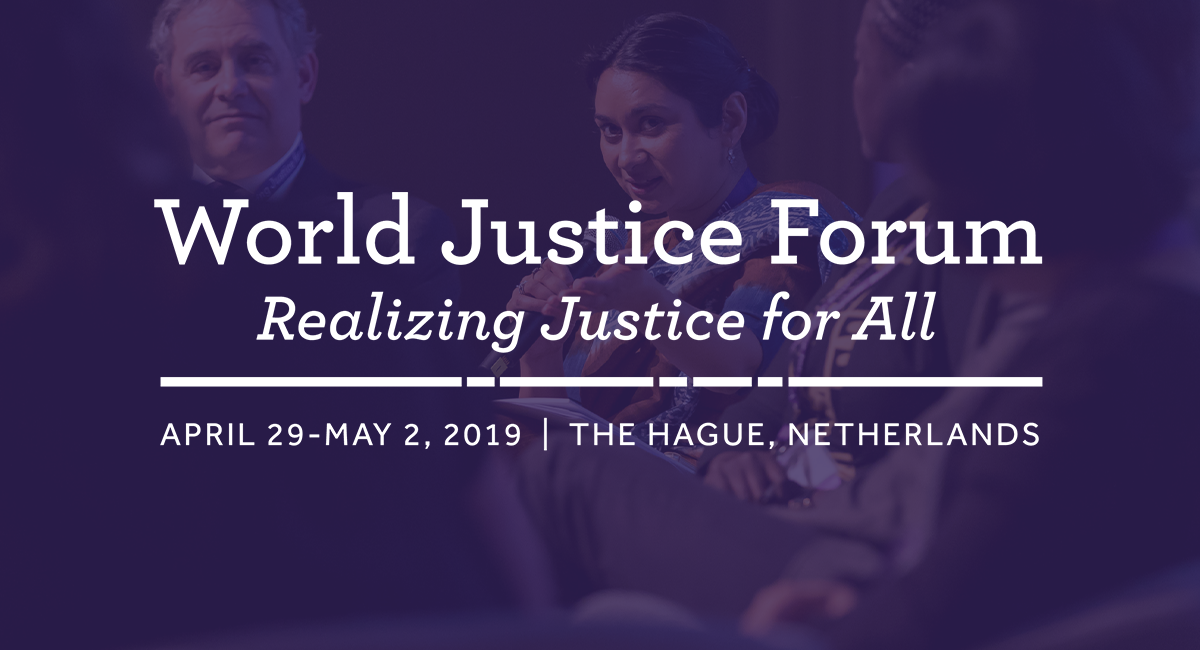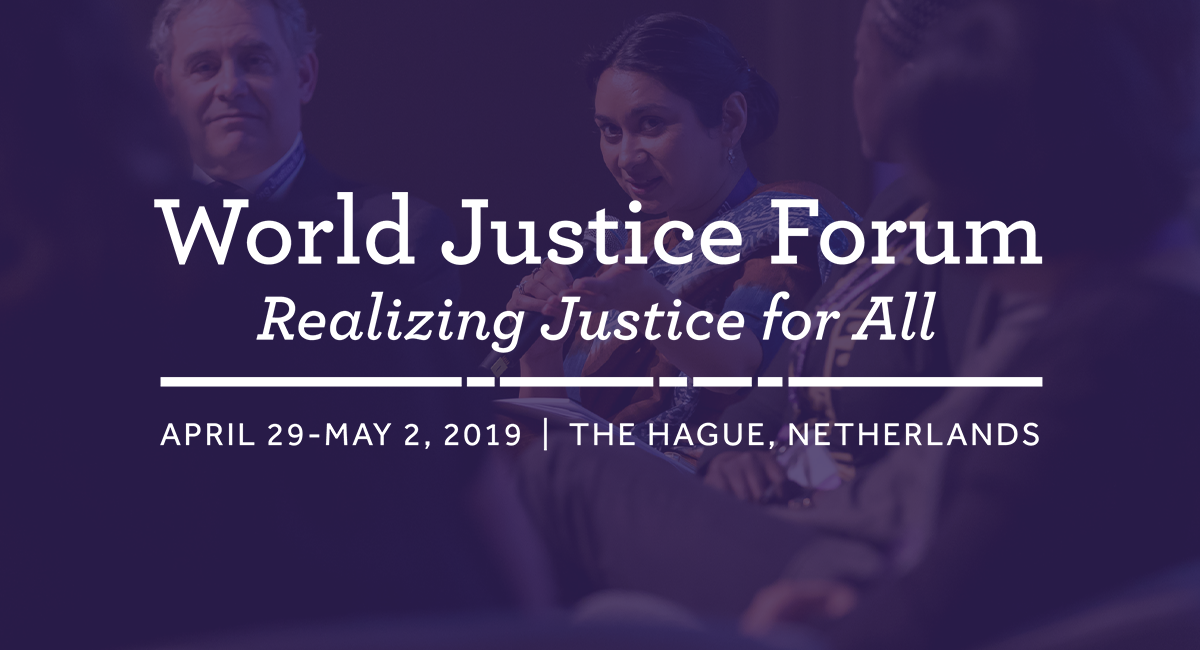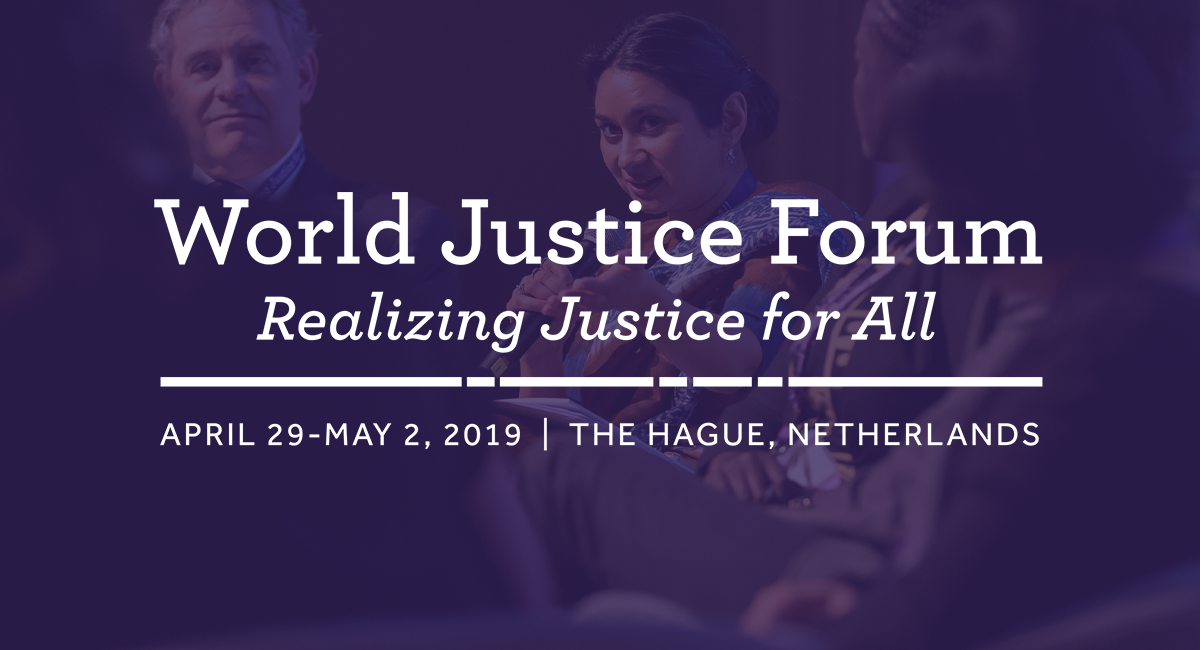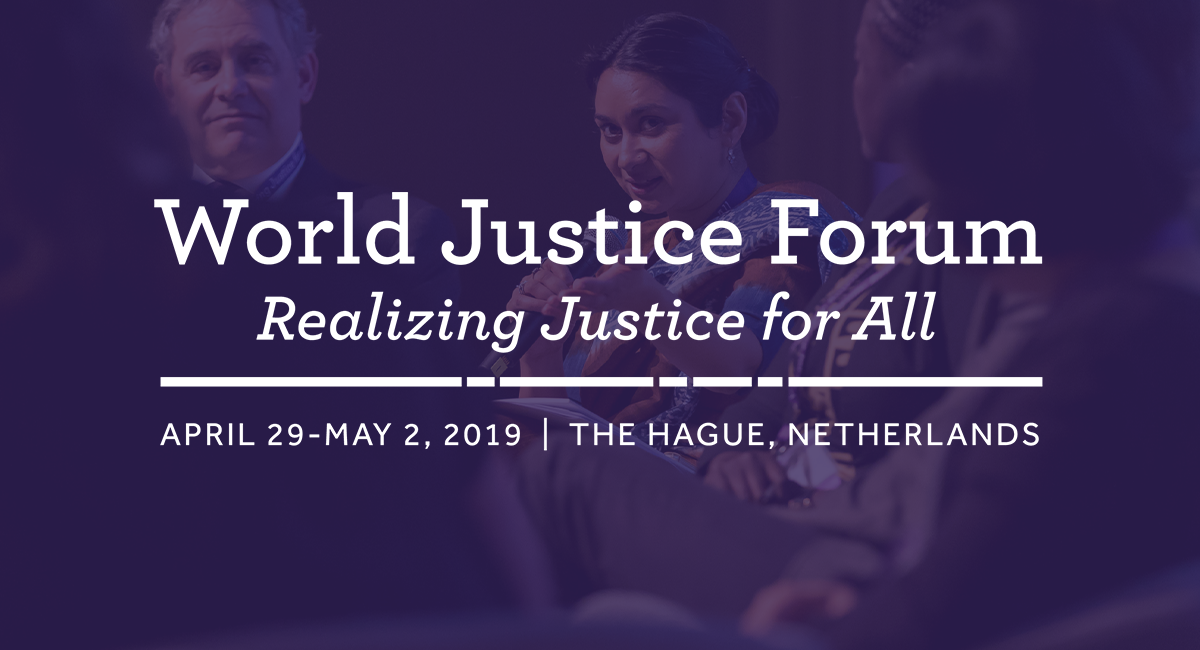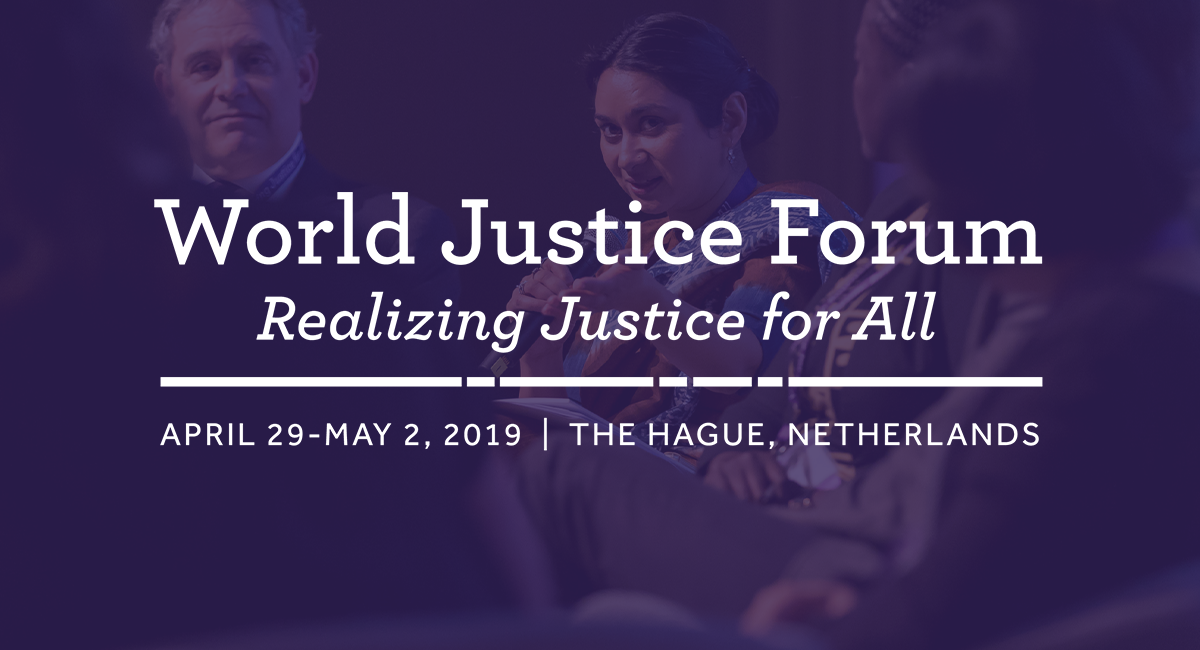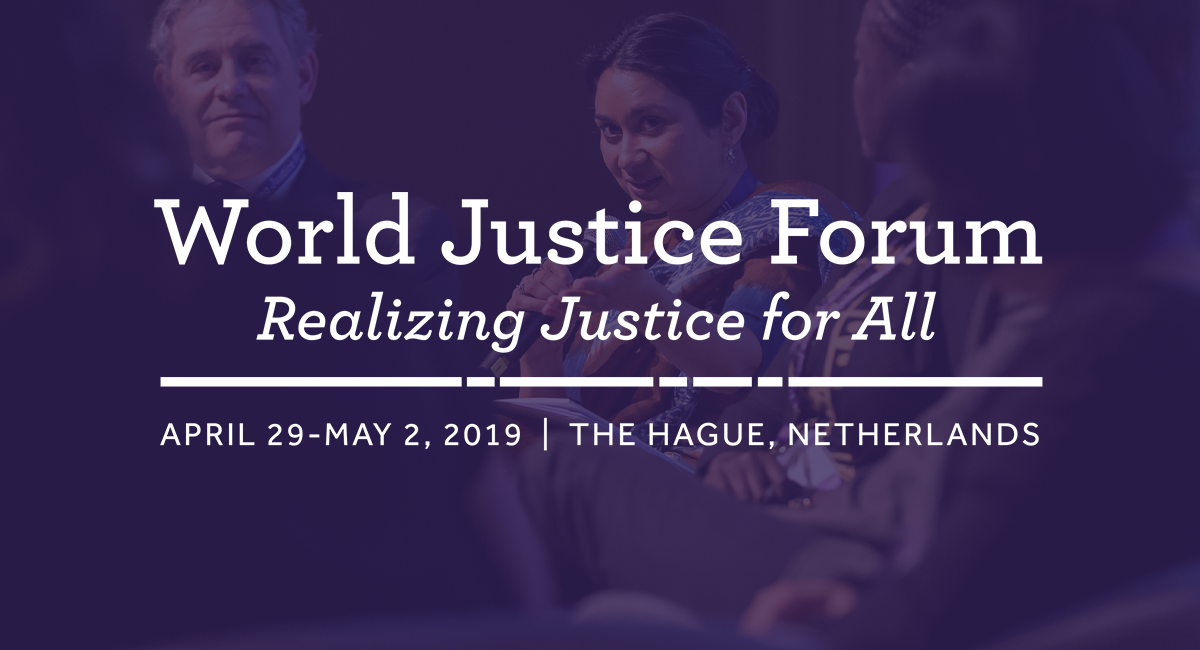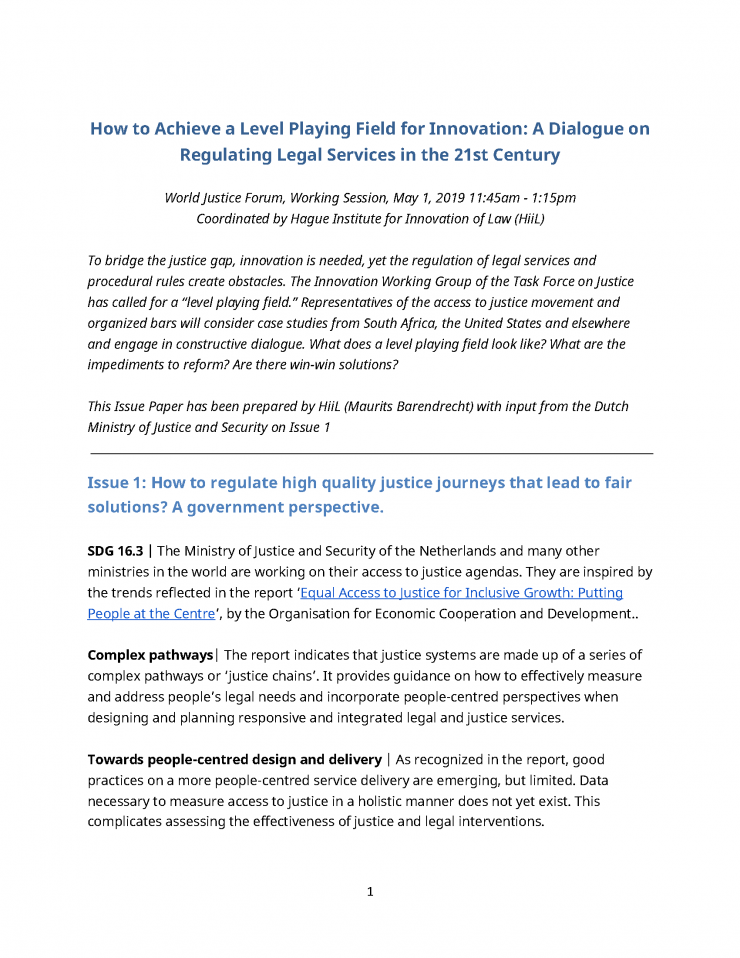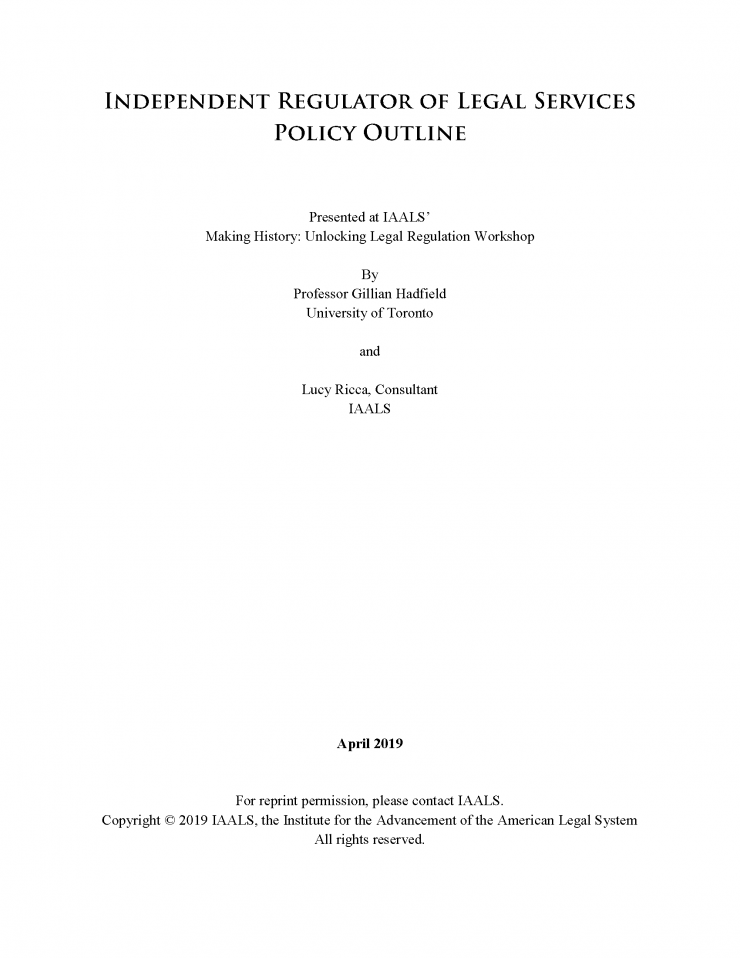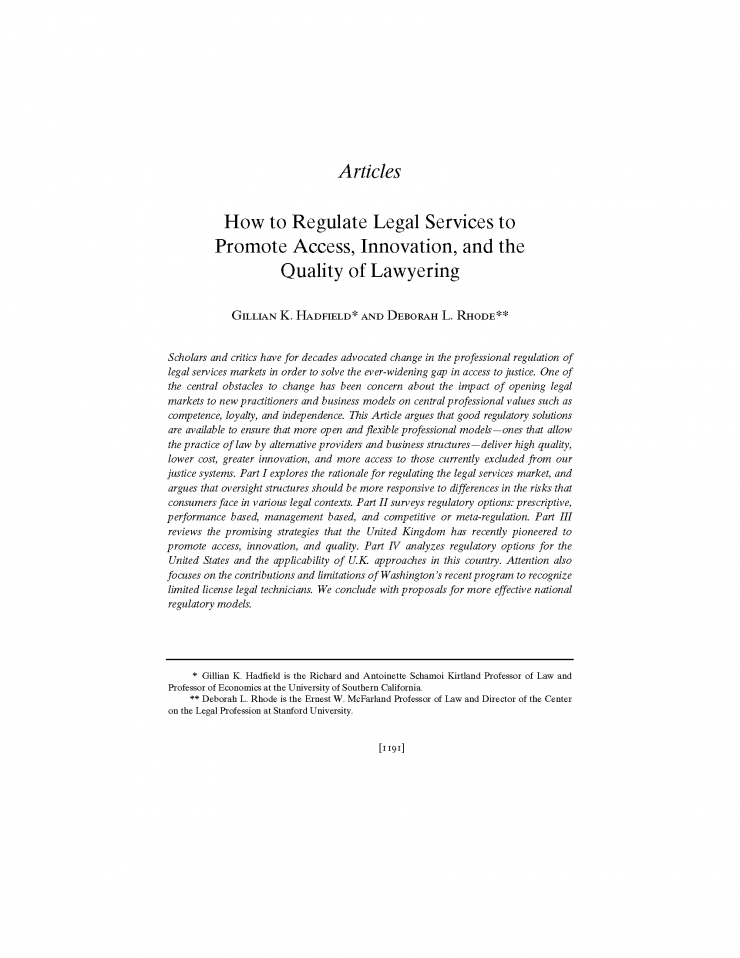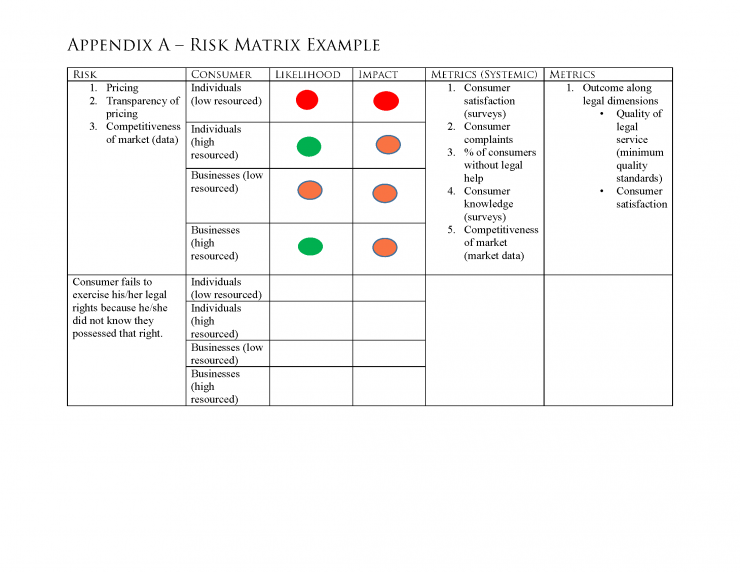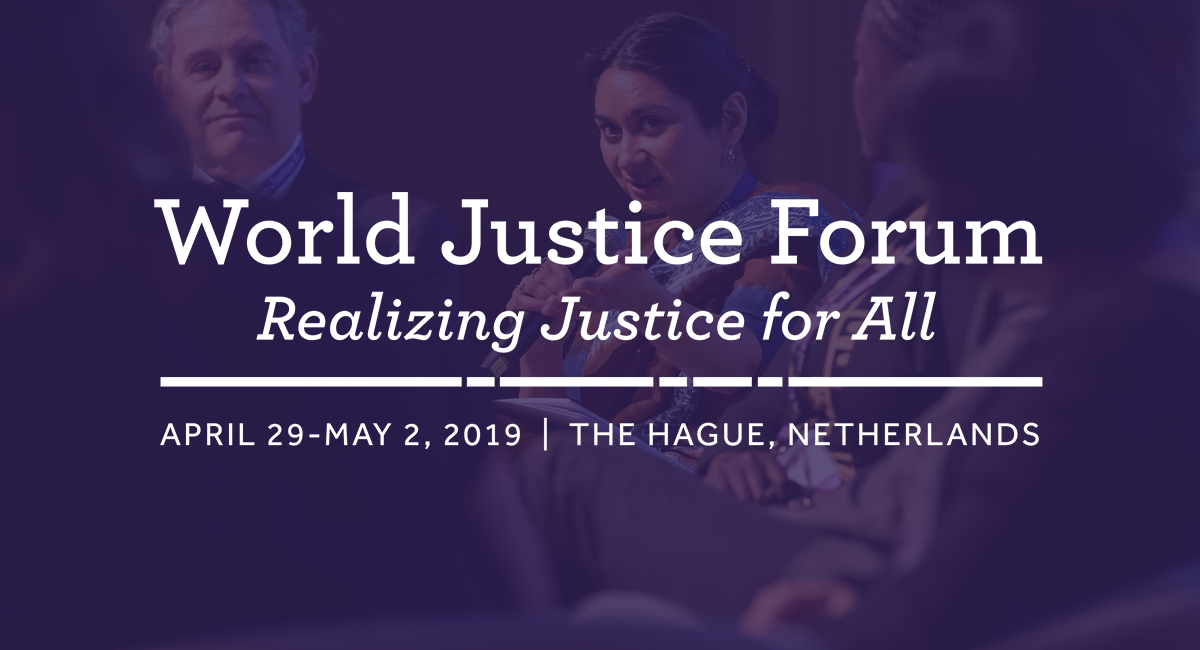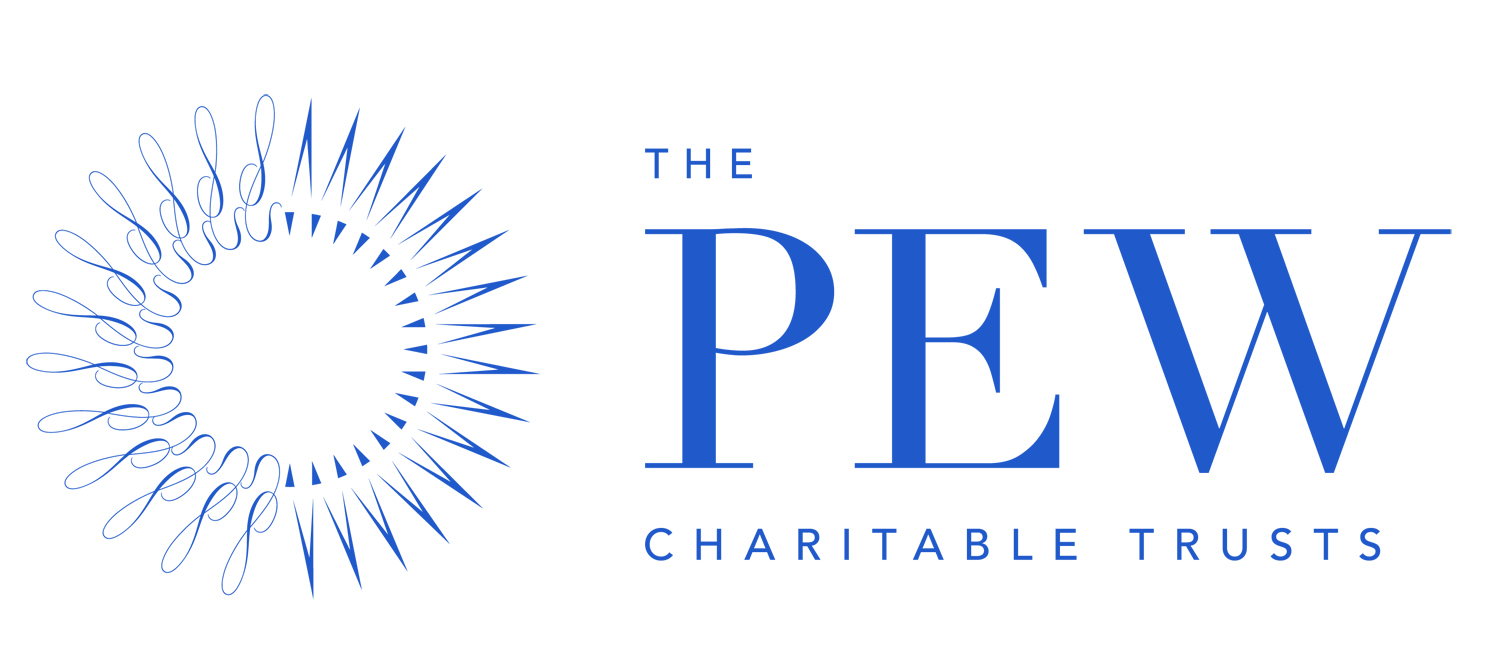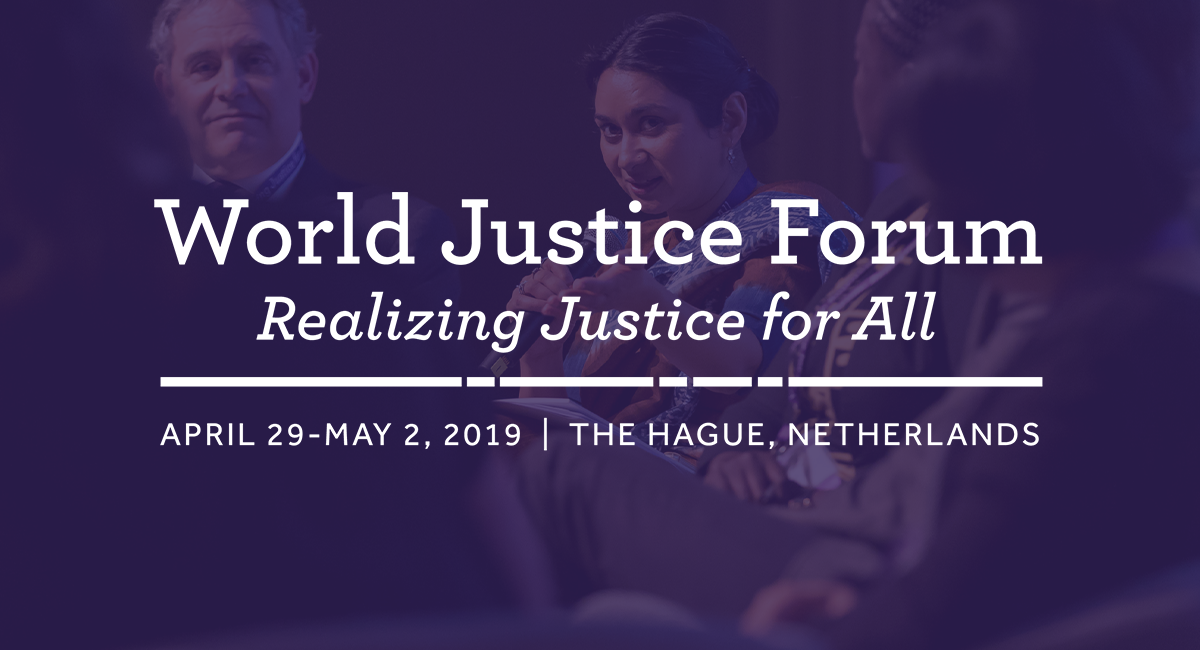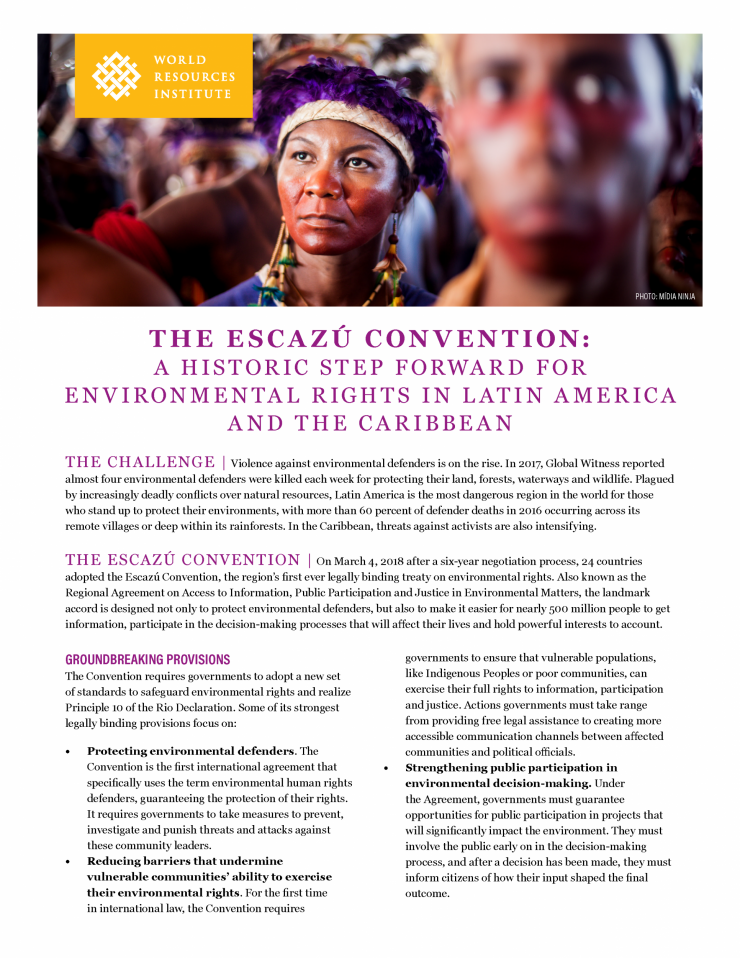This session discussed The Challenge Paper on Justice for Children which outlines the distinctive needs and rights of children in relation to their context as victims, witnesses and offenders in both criminal and civil disputes, and also explores the broader understanding of access to justice as a process that underpins and creates conditions for the realization of all other rights. Participants discussed two main challenges. First, the challenge to ensure the empowerment, participation, and engagement of children in all decisions that affect their lives. And, second, the challenge to secure high level sustained political commitment to accelerate the achievement of high quality justice for children, including prioritizing financial resources and investing in the necessary skills.
Read the full summary for this working session.
Additional Resources:
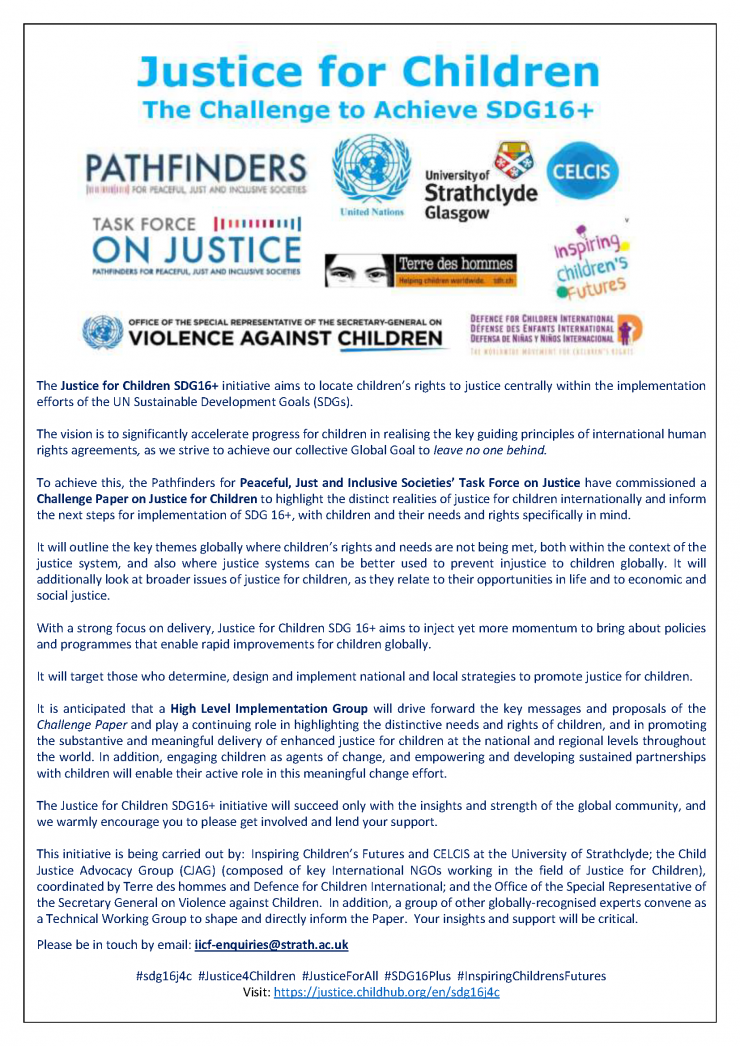
Justice for Children Brief Information

Working Sessions Summaries
![]()


